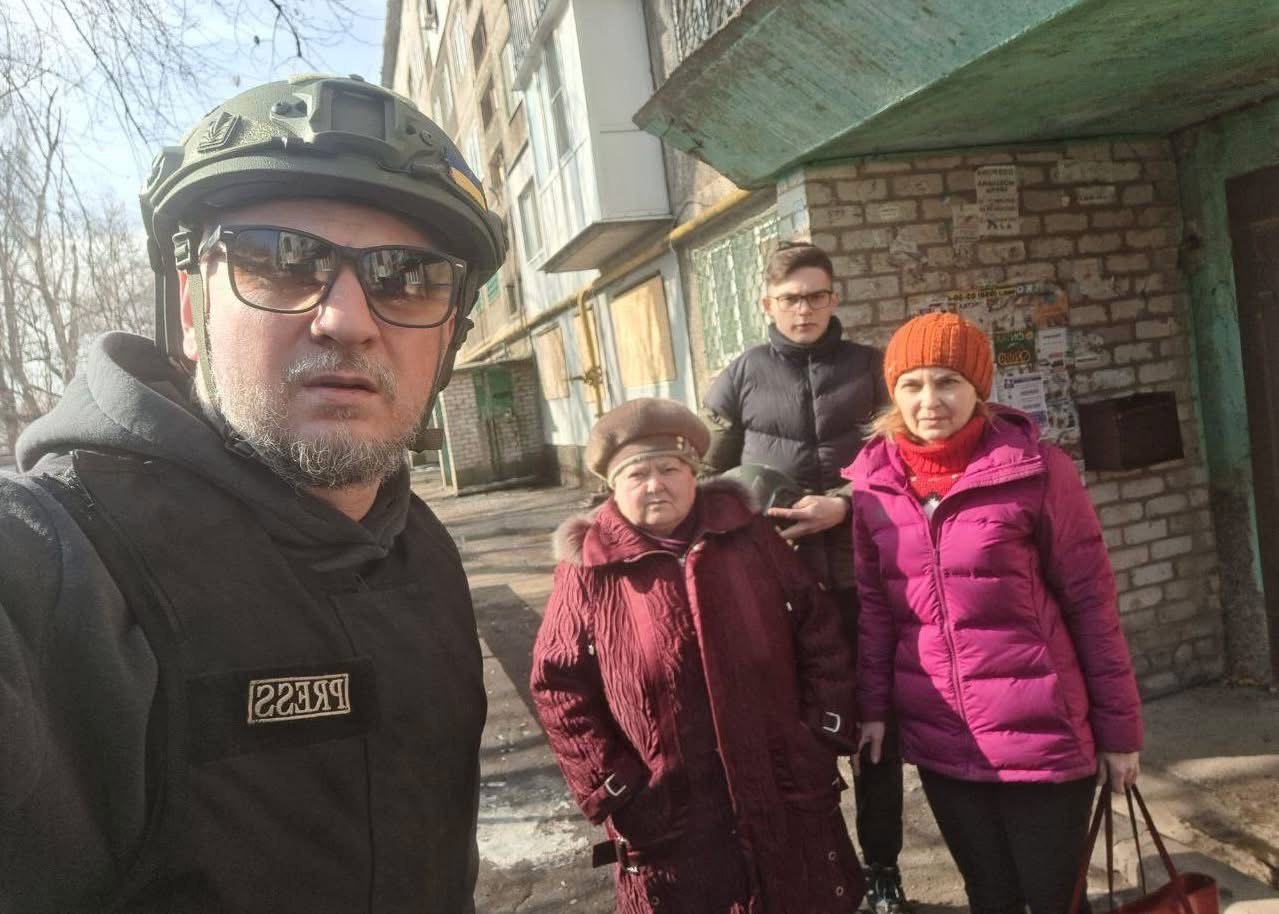
Evacuate, treat, restore passports
The Road of Hope project is being implemented in four regions of Ukraine close to the frontline: Kharkiv, Sumy, Dnipro and Donetsk. Olha Holovka, the project's communications officer, says that they ensure the evacuation of people from hot spots and frontline regions to safer places. All evacuation managers, according to Olha, have protective equipment - bulletproof vests, helmets, first aid kits - and are familiar with and work in accordance with international safety protocols. In the most dangerous regions, currently in Sumy Region, drivers take out residents in an armoured police car.
‘We coordinate our actions with local authorities, law enforcement agencies and the military to get information about the security situation in the area where our volunteers are going to travel. We learn directly from them who we need to pick up and where. But more often people tell us about us themselves and we receive new requests for help,' says Olha.
Despite the fact that the main categories are internally displaced people, people with disabilities and large families, no one is refused evacuation.
In addition to evacuation, Eleos-Ukraine provides people from these areas with food and hygiene kits, pharmacy and grocery certificates.
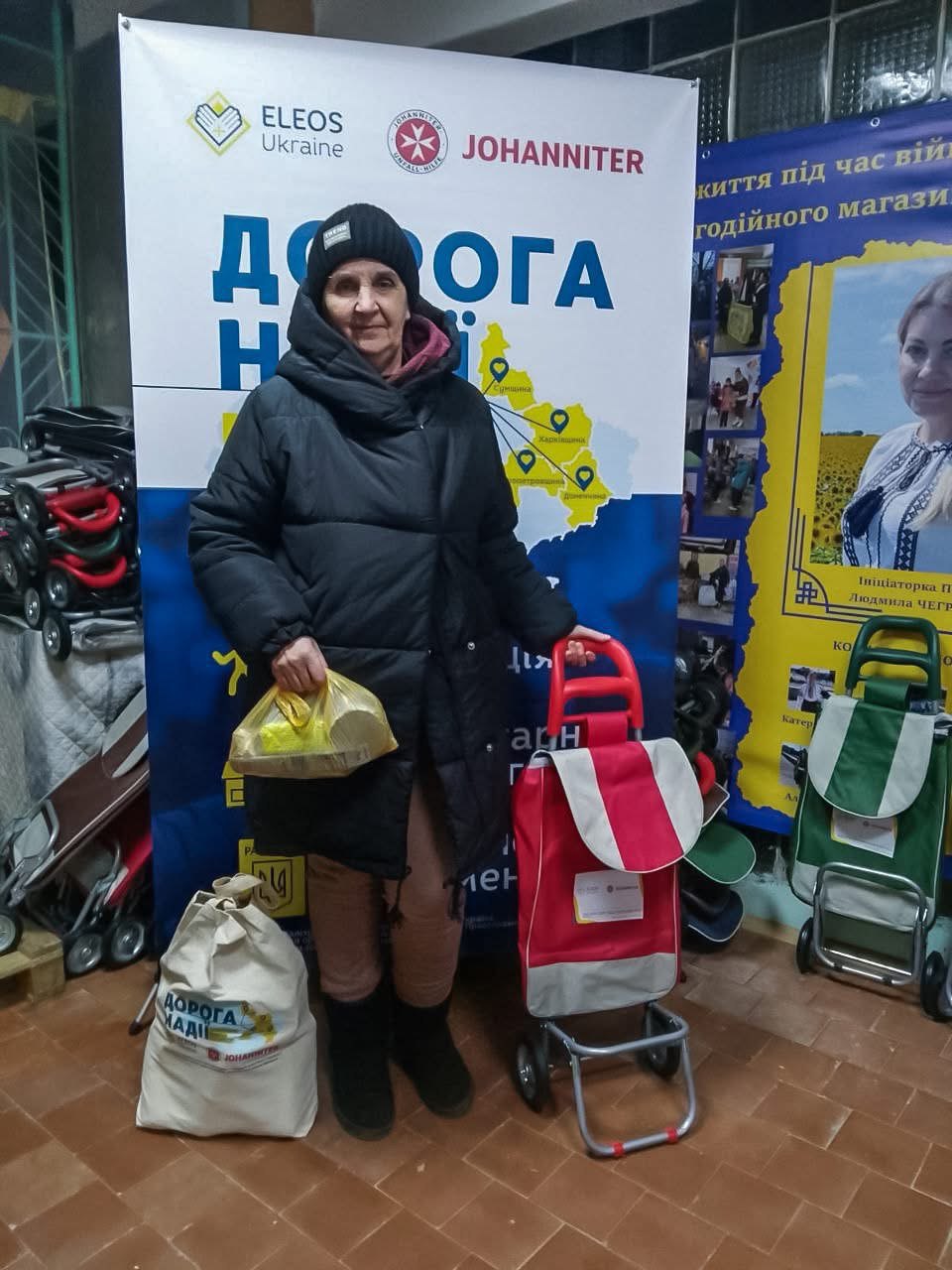
‘We have issued more than 150,000 food certificates since the beginning of the full-scale invasion,’ says Olha.
An important area of this project is to help people get passports and ID cards, both lost and new.
‘For example, Kharkiv Region was under occupation for a long time. Russians took away people's documents, and if they returned them, they were often in an unusable condition. Many people in the frontline areas lose their documents during shelling, fires, etc.’, says the communicator.
Large families planning to evacuate abroad are provided with funding for the production of passports.
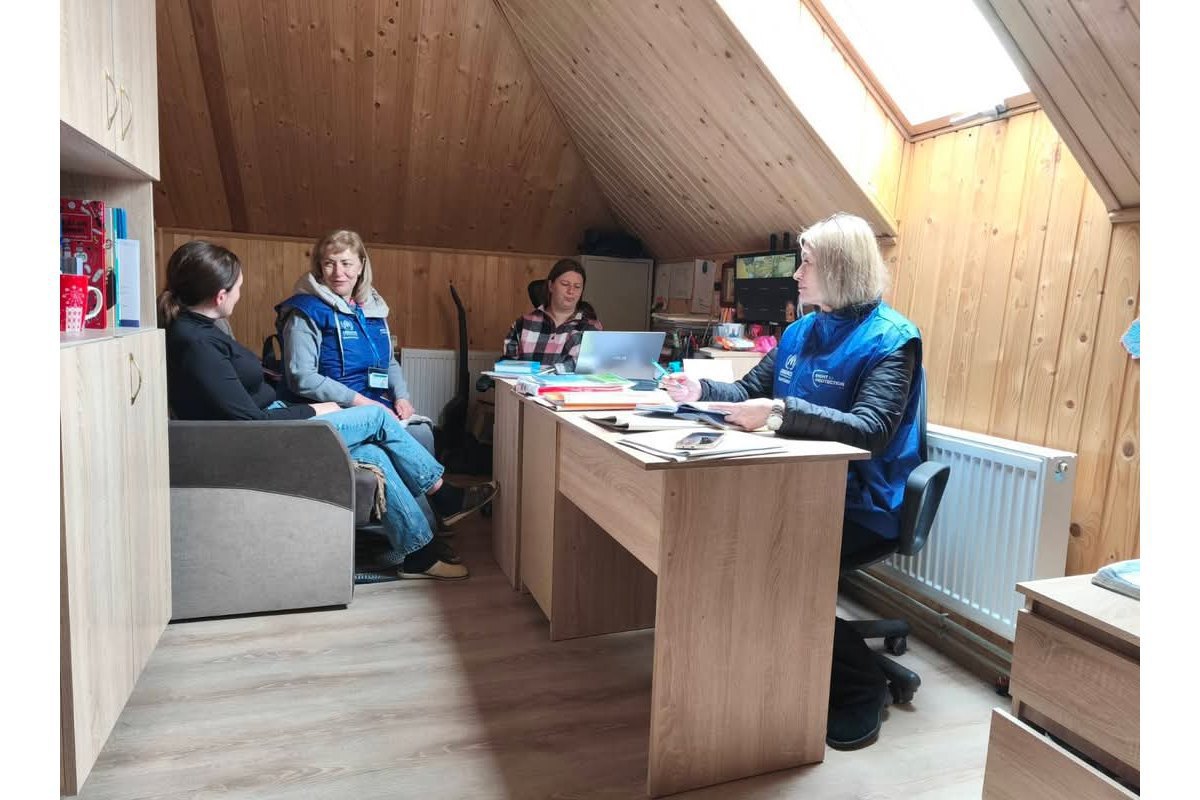
Dentistry is an equally popular service among people who have been evacuated to safer regions. Under occupation or in close proximity to the frontline, people may not have access to doctors, which affects their health. Dentistry is not included in the state medical package, and because of the high cost of services, many people cannot afford dental treatment.
‘We can get special vouchers for up to UAH 2,400 for dental services,’ says Olha.
"They are going to plant gardens": volunteers have to persuade people from villages to evacuate
Most requests for evacuation are currently coming from Kupyansk district - Kupyansk, Borova, Velykyy Burluk, Nachvodivka, Kindrashivka, as well as Kostyantynivka in Donetsk Region and Dobropillya in Sumy Region. According to Andriy Nikolayenko, the evacuation case manager, despite the constant dynamics of the frontline, volunteers have to persuade people to evacuate.
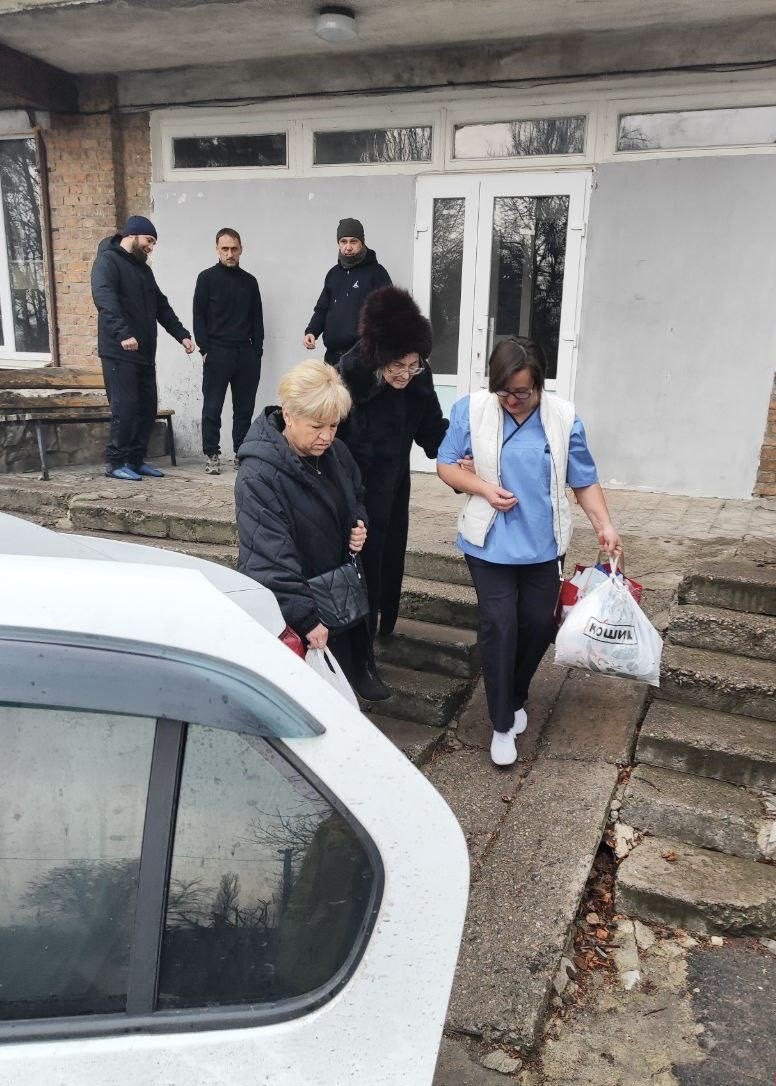
"From my own experience, the situation in villages is more complicated because of the gardens. Yes, it's ridiculous, but not only are pensioners more attached to their homes, but now spring is coming. They are going to plant gardens under fire. As long as the Russians are 5 kilometres away, they stay put, but as soon as they are a kilometre away, they leave. There were cases when we came and asked them to leave - they refused, but after a while, when the forced evacuation began in the settlement, the military or rescuers handed over the same people to us. However, there were also cases when people died because they refused to evacuate," says Andriy.
There is a higher percentage of women and women with children among the evacuees.
‘Especially from the areas close to the contact line. For example, in Kupyansk, the infrastructure is 50% destroyed due to constant shelling. In addition, people remember the occupation of 2022, so they are evacuating to avoid falling into this horror again,’ says the evacuation case manager.
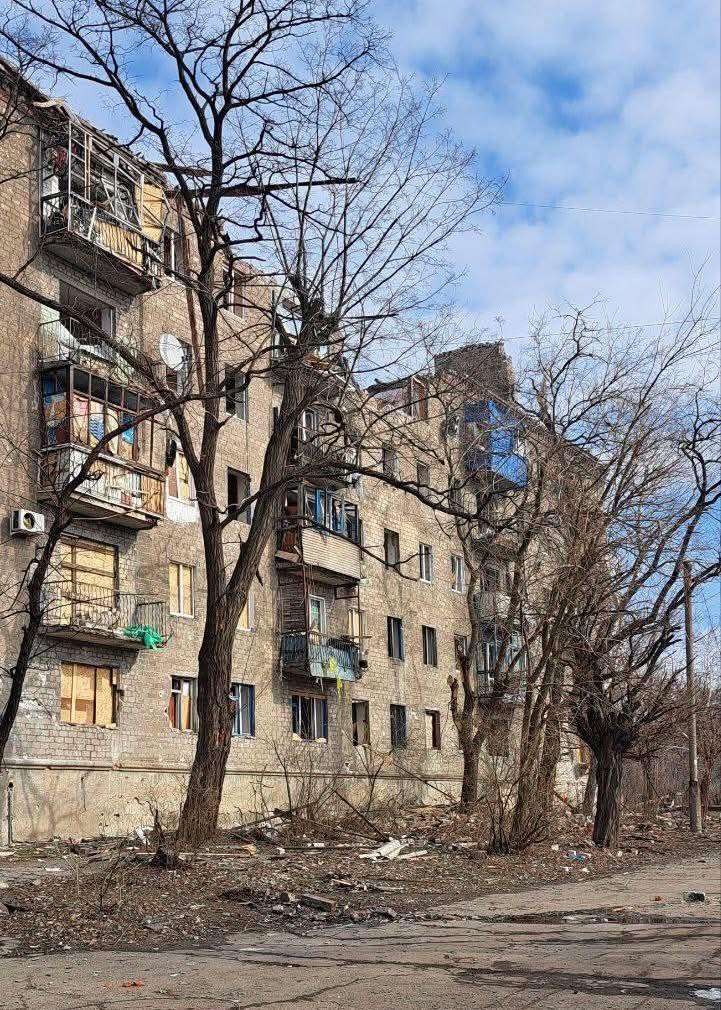
"To avoid being occupied again": the story of a Balakliya resident
Kateryna, from frontline Balakliya in Kharkiv Region, together with her two young children, aged 9 and 5, were evacuated by Eleos evacuation drivers about two months ago. The young woman said that the sounds of explosions, shelling and the approaching frontline forced her to make this decision.
‘To be under occupation again... I don't want to think about it or remember it. We lived in fear for seven months. The children were still small, and there was nothing in the city, not even food. The city was closed for a long time - the occupiers did not let anyone in or out. There was no electricity, no water, no heating. We also had to live under constant shelling and checks by Russian soldiers. In a word, it was a nightmare,’ Kateryna recalls.
She and her children are currently undergoing rehabilitation in a shelter in Ivano-Frankivsk Region, where women with children live.
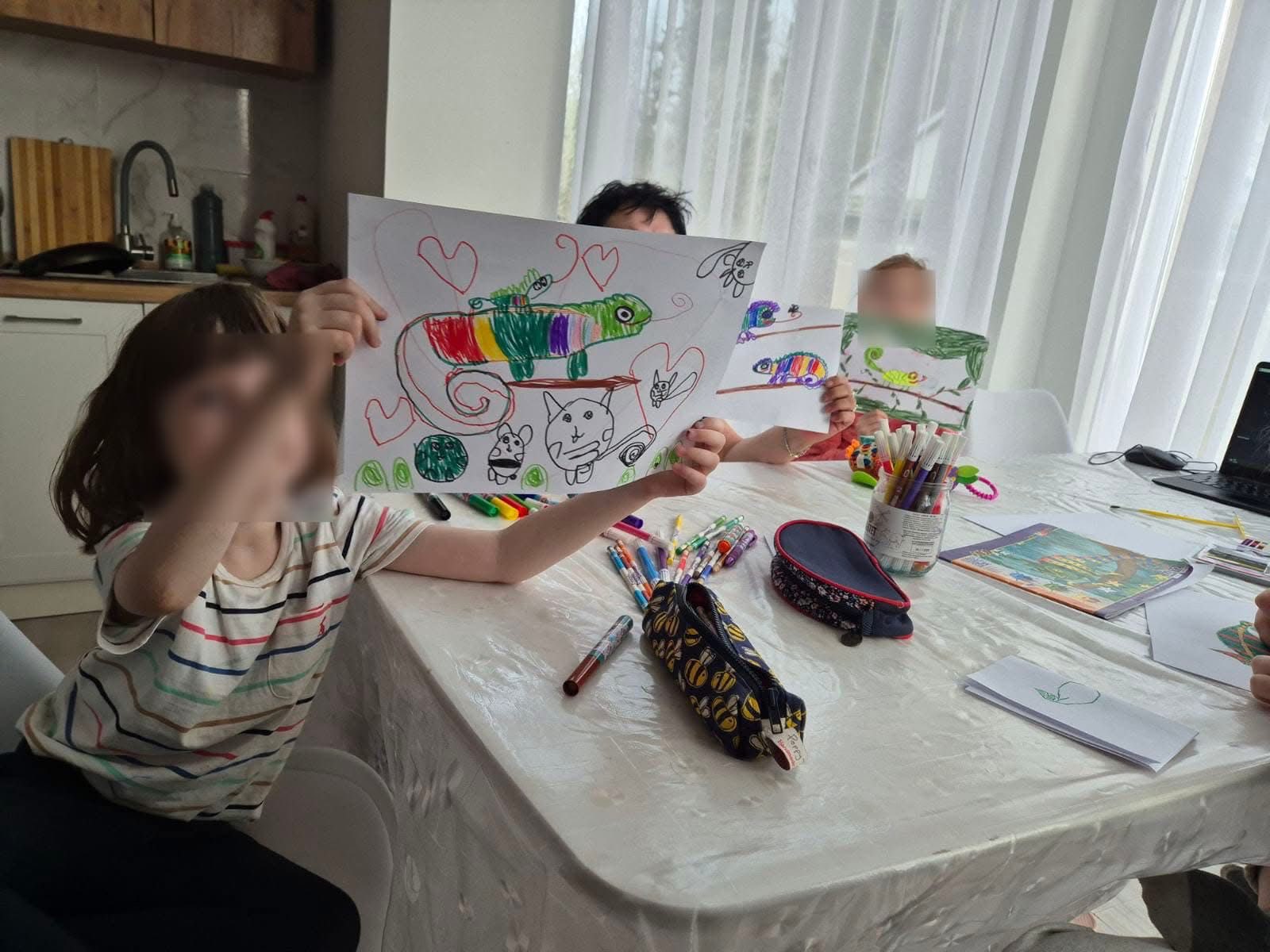
‘The conditions here are very good. My children and I are provided with food packages and hygiene products. We receive free medical care. My older son studies remotely, and my younger son goes to kindergarten. Shelter employees help with both deeds and kind words,’ says Kateryna.
Provide shelter and help with social issues
Eleos-Ukraine helps women and children who have suffered from war crimes, including IDPs, and those who suffer from domestic violence.
According to Tetyana Ivanova, head of the anti-violence unit, under this project, these categories of people can receive temporary shelter and a range of services at five private social centres. According to her, four of them were opened in 2022. They can accommodate 15 to 56 people at a time.
The shelters can accommodate 144 people at a time. Since their opening, more than 1500 people have passed through them. The shelters are located in Ivano-Frankivsk, Chernivtsi, and Kyiv regions.
‘You don't have to come for the whole six months or change your place of residence to get into a shelter for rehabilitation. If you have been under occupation for a long time and now feel that you need psychological support and a temporary change of scenery, you can do it,’ says the head of the anti-violence unit.
She emphasised that accommodation in the shelters is temporary, as they do not function as dormitories, but as temporary shelters where a range of services can be provided. Shelter occupancy is almost always 100%.
Women with children in need of assistance are evacuated directly from their location to the shelter.
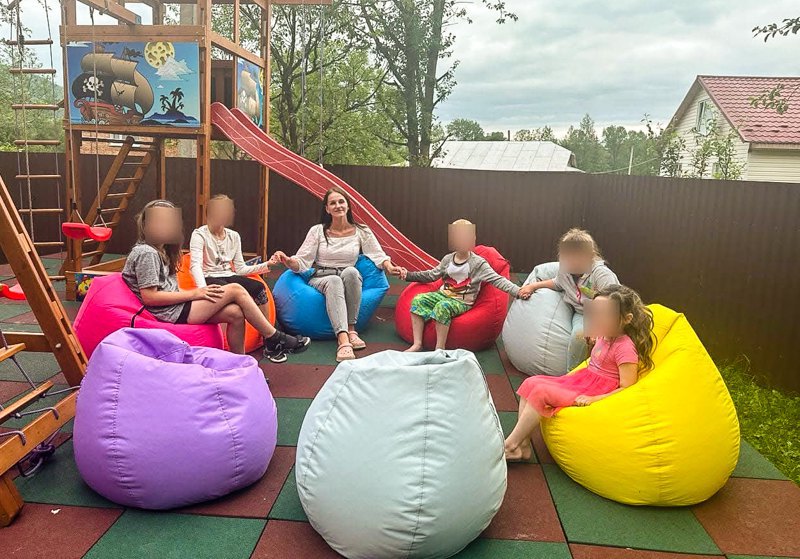
‘They can stay here for free for 3 to 6 months. Our employees provide social support around the clock and help solve various social problems - from applying for benefits to enrolling in kindergarten. Of course, everyone is provided with hygiene products, towels, household items and other necessary equipment,’ says Tatiana. She adds that psychological support is compulsory at the shelters.
Oksana is from the town of Stanislav, Kherson Region. Together with her 15-year-old daughter and adult son, they stayed at home during the occupation for some time, and in the spring of 2022, they moved to Kherson and stayed there until de-occupation.
‘When Kherson was liberated, in December 2022, we immediately evacuated to Odesa. Due to unprocessed psychological issues from the occupation, shelling, and the news, I realised that I needed help. My daughter and I were picked up by evacuation drivers from Odesa and brought to a shelter in Ivano-Frankivsk Region this year. We were very well received and given a separate room. My daughter and I are currently undergoing some medical examinations,’ Oksana shared her story.
Caring for those who survived Russian captivity
A rehabilitation shelter in the Ivano-Frankivsk Region heals women who have been through Russian captivity, torture, filtration, and sexualised violence. They can stay here alone or with their children for up to six months with the possibility of continuing their rehabilitation.
According to Halyna, a social worker at the shelter, ‘We provide accommodation and food packages. Our best psychologists work offline and online, depending on the situation. Most women's health has deteriorated during the occupation due to exacerbation of chronic diseases, so we offer free medical treatment in private clinics. We always accompany them to medical facilities, providing transport and support.’
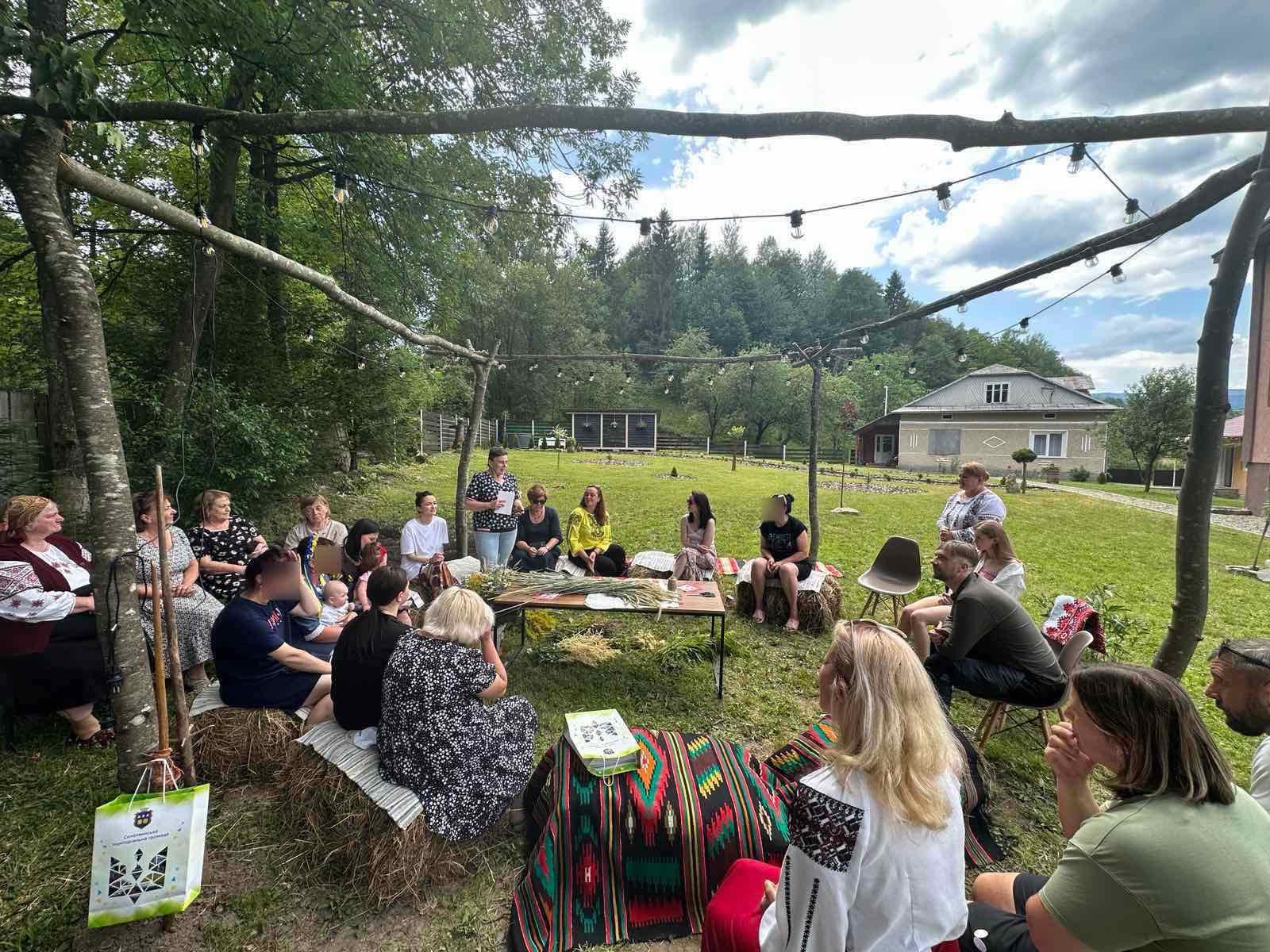
‘We try to provide comfortable conditions. Many children have not had access to the educational process for a long time, and they have big problems with learning. And on top of that, there are psychological traumas. I remember a girl with two young sons from Donetsk Region who was brought to us after the occupation. She was seven months pregnant. She gave birth to a healthy boy here. After a long stay and a rehabilitation course, she bought a house and moved there with her sons,’ says Halyna.
This and other shelters also take care of the socialisation of victims. According to Tetyana Ivanova, when the women gradually stabilise, the centres' specialists hold information events about employment and training opportunities.
‘Employment centre staff and our volunteers advise on employment, CV writing and preparing for interviews. We try to integrate women into safe regions so that they do not return to the de-occupied territories until it becomes safer,' says Tetyana.
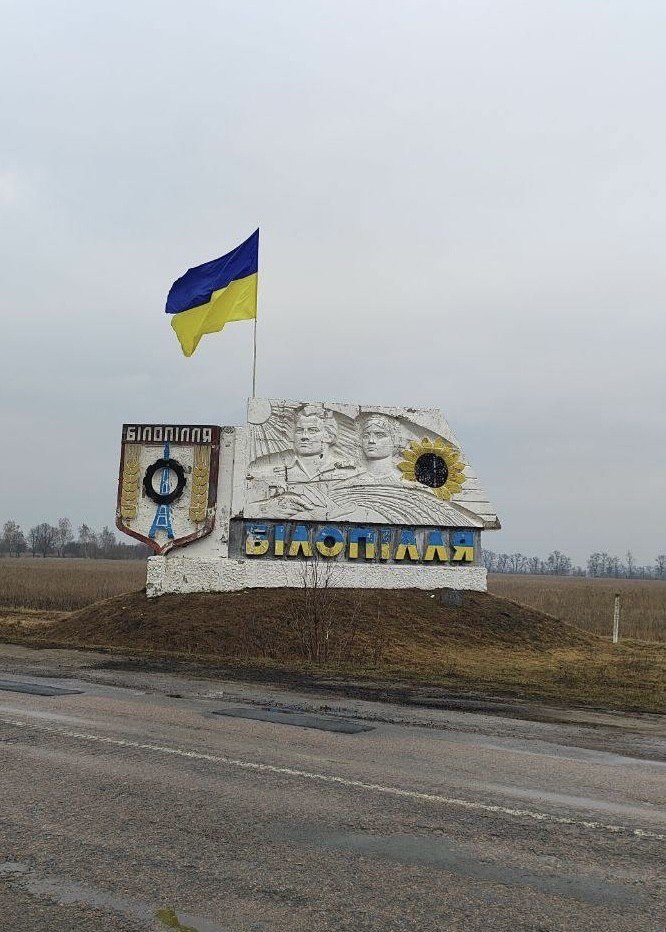
***
If you need help, please contact us at +380952771183. More information about the organisation and its projects can be found on its official website and Facebook page.








